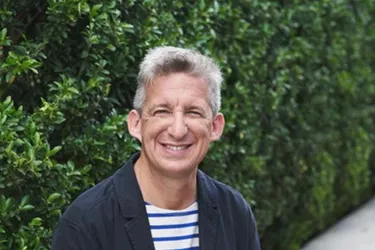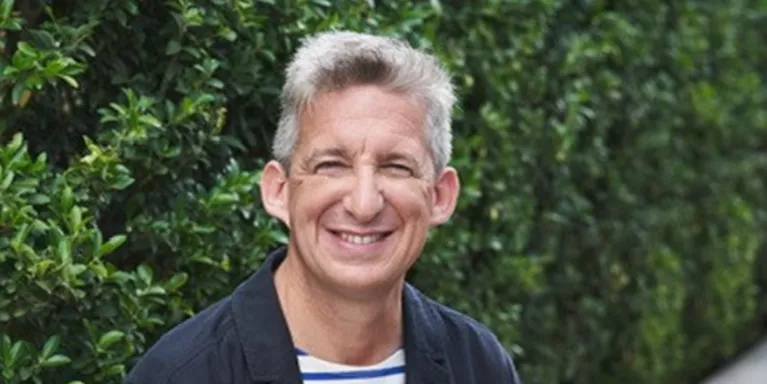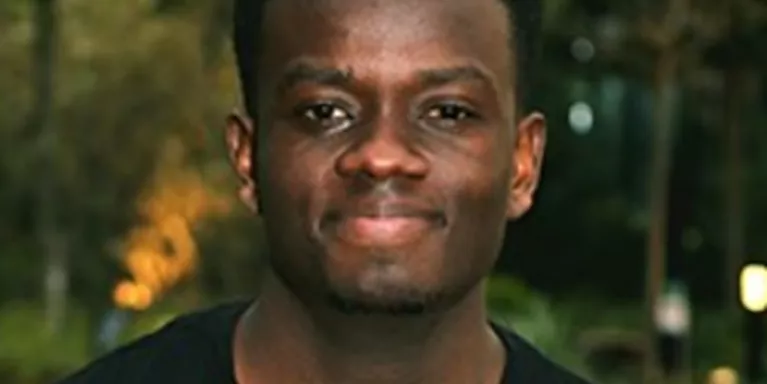Why men need to talk
Jordan blogs about how much better he felt when he opened up about his depression.
It’s not easy to be vulnerable in a society that demands men to be tough. Like many others I opted to suffer with my difficulties in silence. We believe that by showing no sign of weakness we are stronger.
I have been suffering with depression since 2015. After a difficult year keeping what I had away from others, I had no choice but to reach out for help. I sought help from my doctors and was diagnosed with anxiety and depression. Following a moment of epiphany in October 2017, the 17th to be exact, I have strived to make sure that everything I did was for the benefit of my mental health. Despite my reluctance to do so, being vulnerable was to be the most important part of my journey.
"It’s ironic really – the strength it takes to admit you need help. I don’t know how I ever considered it to be a weakness!"
The diagnosis from a GP had confirmed what I already knew, nevertheless it was needed. I told a few of the people closest to me, which was so tough. It’s ironic really – the strength it takes to admit you need help. I don’t know how I ever considered it to be a weakness!
Despite my moment of strength, I decided to bury my thoughts again, taking each day as it came, hoping that eventually I might get better. What held me back was I hadn’t taken ownership of my illness. I put so much of my recovery on external things like having more money. Which for me didn’t work. My situation got no better because I did not make changes to allow it to be so. That’s not to say my illness was my fault. But I was the one who was going to have to make it better.
From this, my seven steps were born. I did some experimenting and found seven easy things that made me feel better. Of these seven, the most important was talking – something I needed to do more of. Although the people around me were aware of my struggles, I very rarely spoke about them. The more I started to do this, the better I felt. A problem shared is a problem halved. It wasn’t even necessary for the people to have the answers, it just made me feel a lot better to get things off my chest.
The more I shared, the more people then became open with me. Especially my male friends. It turns out more of us had been keeping things to ourselves. We were just one group of friends, too. I thought about all the possible groups of males that did not talk about their difficulties together. It can’t have been just us. After looking into the stats, it surprised me how many people struggle.
Men are ashamed
According to the World Health Organization, one in four people in the world will be affected by mental health problems or neurological disorders at some point in their lives. Meanwhile, men accounted for around three-quarters of UK deaths by suicide in 2018. So why aren’t men talking about how they are feeling? In 2016, a survey for Men’s Health Week found that amongst men who had experienced mental problems, 46% would be embarrassed or ashamed to tell their employer and 52% would be concerned about taking time off.
What surprised me most was that something so common is so infrequently spoken about amongst men.
"If people could see me become vulnerable and share about my difficult times, they may be encouraged to do the same."
I had come a long way from the guy who buried his thoughts. After receiving a lot of help myself, it was time for me to be the helper. Which is why in 2019 I decided to start sharing about my difficulties on social media.
The main purpose was to encourage men to talk more. I’d like to think that if people could see me become vulnerable and share about my difficult times, they may be encouraged to do the same.
I like to share different things I do to keep myself feeling good. Whether it’s the food I’m eating, books I’m reading, the podcasts I’m listening to. If it’s positive, I get it out there. I eventually began to share some of my writing, a hobby that I had found to be really helpful, starting with my first blog, My Seven Steps.
Learning from each other
What’s even better is I’m not the only one. There’s a whole community of people devoted to helping improve people’s mental health. We learn from each other and that is brilliant. I’ve made some amazing friends through my Instagram. Since starting my page I’ve published four blogs and created a website to share my work.
Every one of us has mental health, whether it is considered to be in a good place or not. I could never have imagined myself in this position four years ago and it all started through talking. This is why I want people to do the same. I’ve witnessed the power it has given me, I hope that it can do the same for others.


Information and support
When you’re living with a mental health problem, or supporting someone who is, having access to the right information - about a condition, treatment options, or practical issues - is vital. Visit our information pages to find out more.
Share your story with others
Blogs and stories can show that people with mental health problems are cared about, understood and listened to. We can use it to challenge the status quo and change attitudes.

















